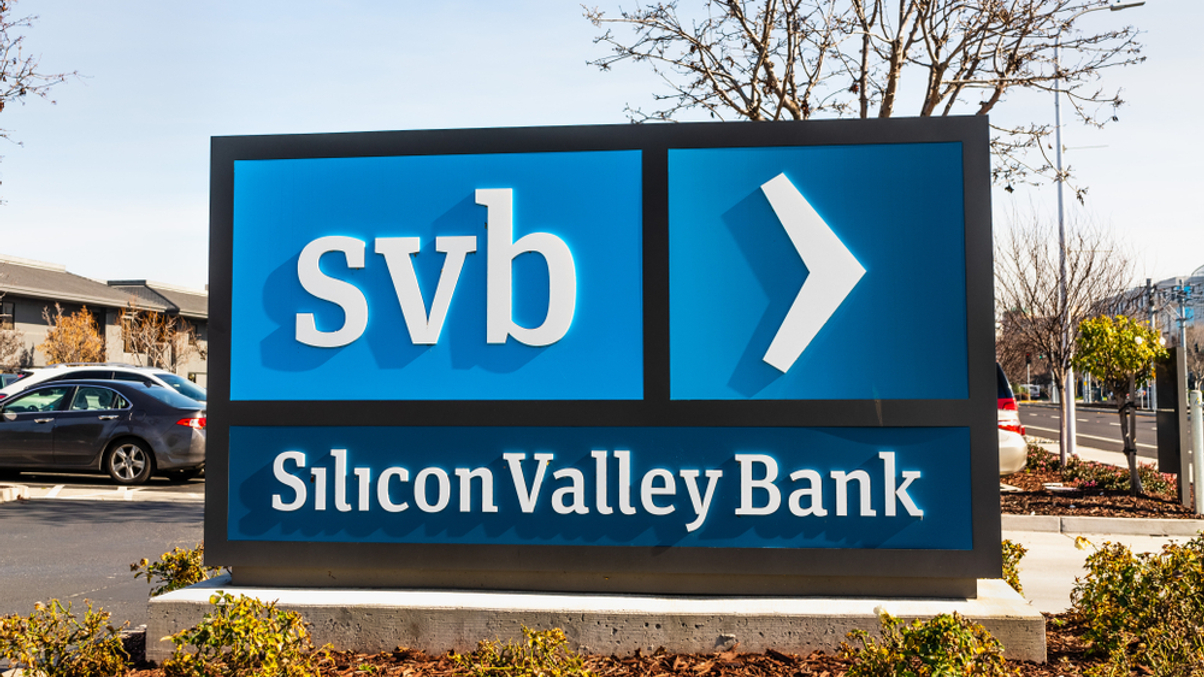Asset allocator alarm on tech sector after SVB collapse
The shutting off of three major funding sources for the technology and cryptocurrency industries is set to have serious implications for investors in these fast growing sectors.

While institutional investors are busily assessing the likely impact of the Silicon Valley Bank (SVB) collapse on their portfolios, some say the ramifications are likely to go far beyond immediate concerns over direct exposure.
Sign in to read on!
Registered users get 2 free articles in 30 days.
Subscribers have full unlimited access to AsianInvestor
Not signed up? New users get 2 free articles per month, plus a 7-day unlimited free trial.
¬ Haymarket Media Limited. All rights reserved.


